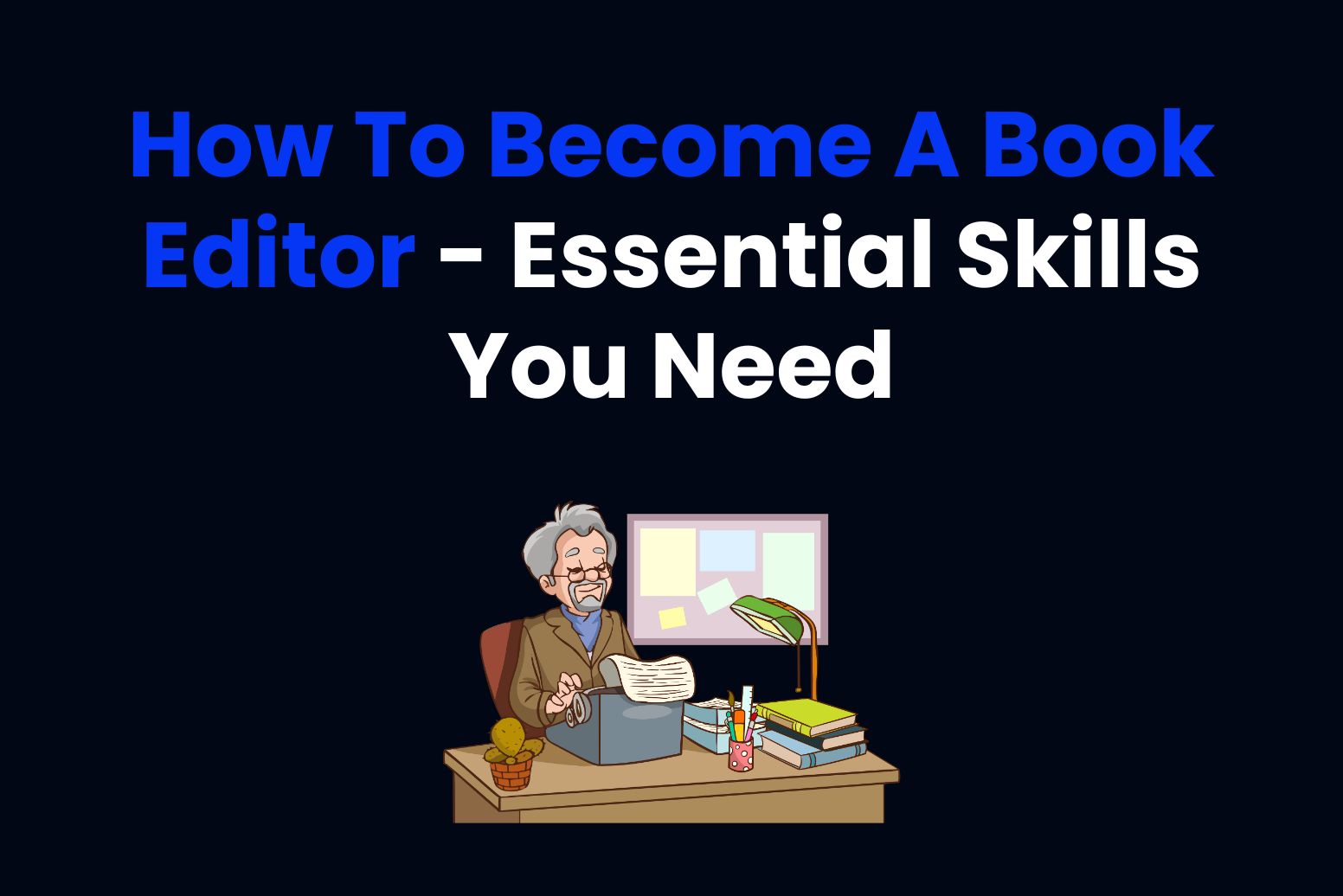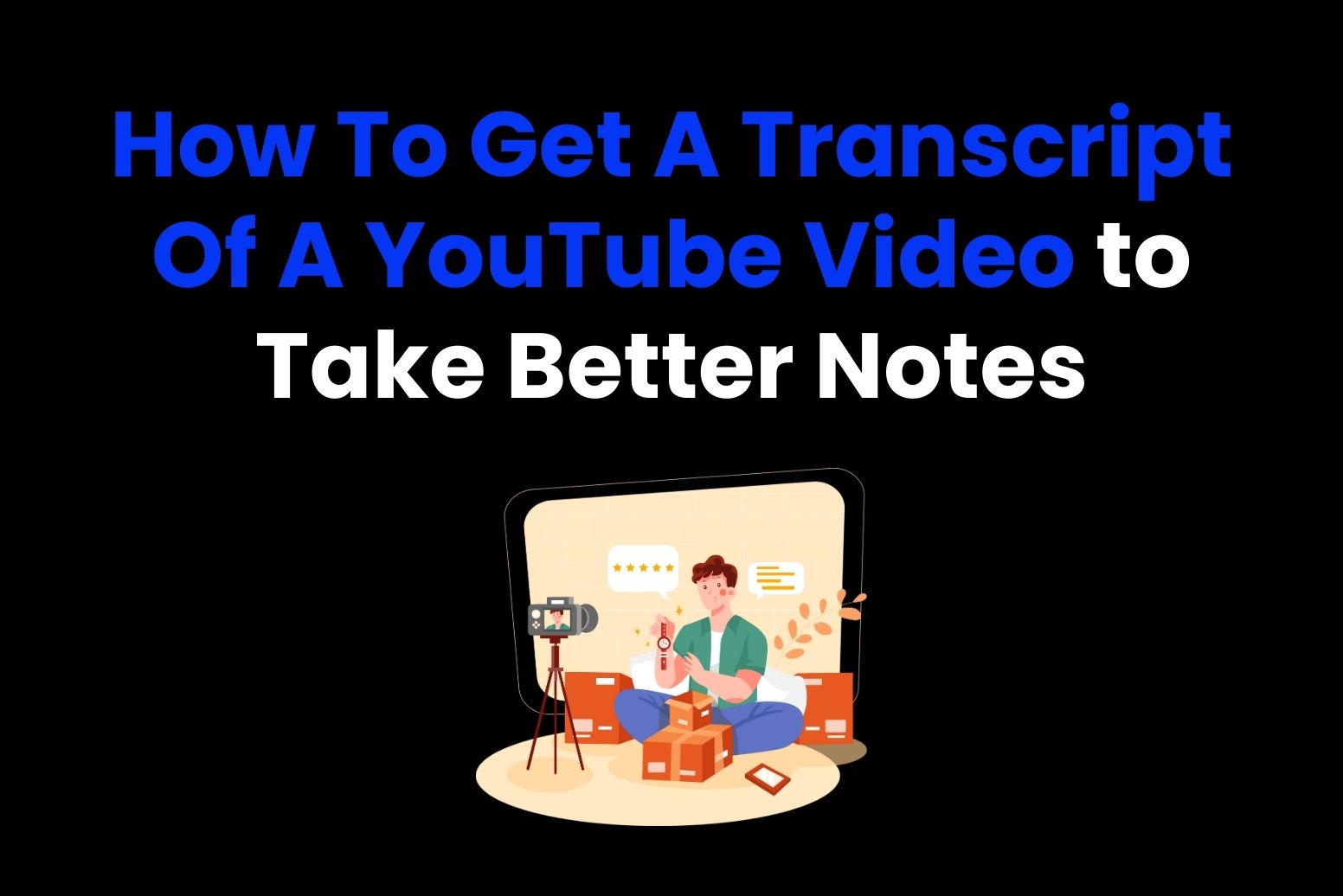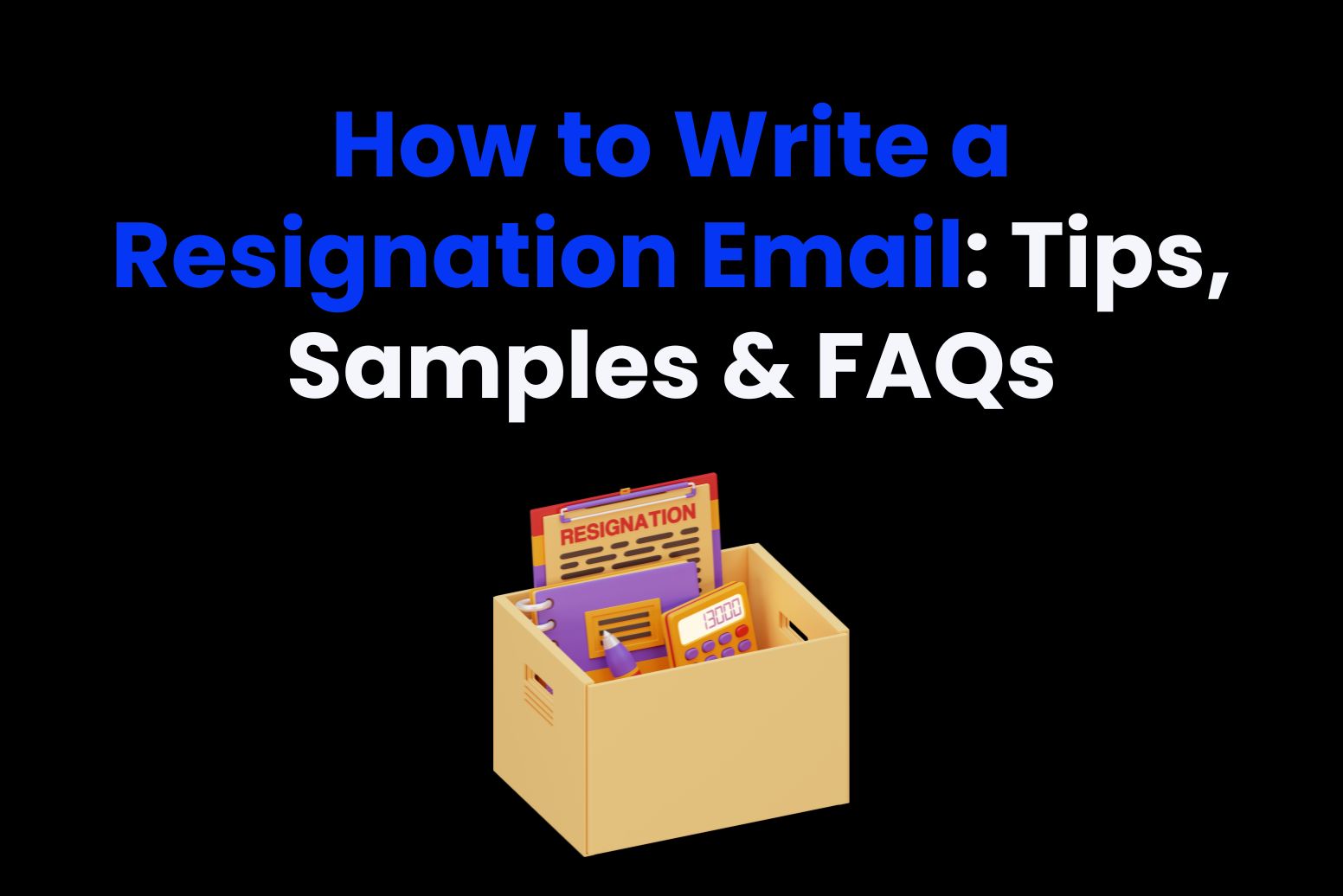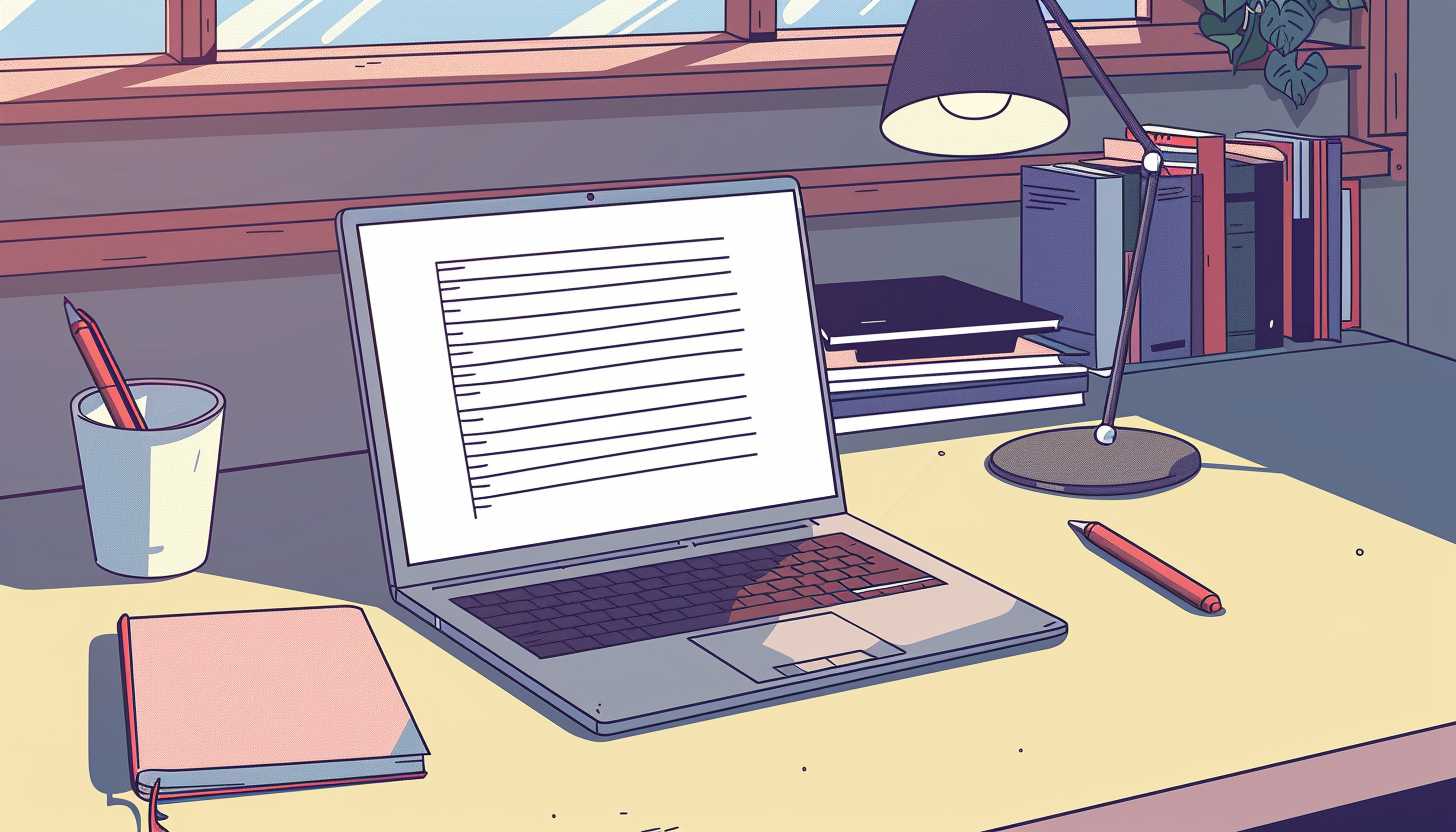Are you someone who loves reading and reviewing books? Do you find yourself spotting typos or thinking about ways a story could be better? Have you ever thought about turning your passion into a career? If you said yes, you can become a book editor and turn your love for books into a side hustle that pays your bills. But exactly how to become a book editor? Let’s dive into this step-by-step guide and find out how to become a book editor.
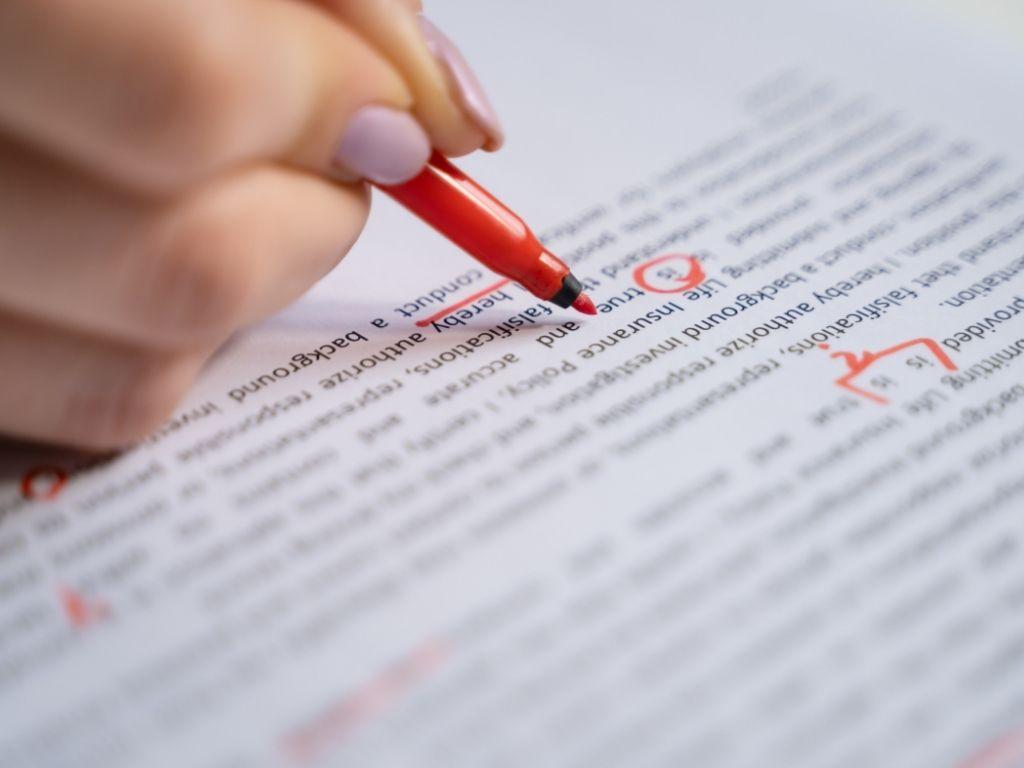
Who Is A Book Editor, And What Does A Book Editor Do?
A book editor does much more than simply correct grammar errors. They collaborate with authors to offer feedback and guidance to shape their stories into engaging reads. Depending on their role, book editors may focus on developmental editing or line editing.
Developmental editing is the type of editing which involves refining the structure and flow of a manuscript. On the other hand, line editing is where a book editor perfects sentence structure and word choice. Additionally, copy editing and proofreading ensure the final manuscript is free of errors. So, if you’ve ever wondered, “What does a book editor do?” – this is just the tip of the iceberg, and we’re going to be discussing every single detail in this article.
Why You Should Learn How To Become A Book Editor?
Why should you become a book editor? Well, there are so many reasons to love this career. Let’s break it down:
New Stories Every Day
Imagine spending your days diving into stories and getting paid for it; isn’t it a dream job for anyone who loves books? As a book editor, you’re constantly surrounded by creativity and ideas. Sometimes, it will be an epic fantasy; other times, it will be a gripping thriller or a heartfelt memoir. You’ll have the chance to shape raw manuscripts into polished works of art that readers will cherish.
Creative And Rewarding
Being a book editor is more than just fixing grammar. It’s about helping authors bring their vision to life. You might help a writer untangle a confusing plot or make a character more relatable. And when the final version is published, there’s nothing more satisfying than knowing you had a hand in creating something truly special.
Flexibility
This career can fit your lifestyle, no matter how unique it is. Want to work from the comfort of your home? Freelancing is a popular option. Prefer a steady paycheck? Publishing houses and literary agencies are always looking for skilled editors. Whether you want to work part-time, full-time, or even on the go, being a book editor gives you that freedom. This also means you can take up as many projects as you can and earn as much as you want.
Make A Difference
Books have the power to change lives, and as a book editor, you’re playing a key role in that process. Whether you’re working on a self-help book, a novel that provides an escape, or a memoir that inspires, your work will leave a lasting impact on readers.
If you love reading and writing, this is a career that blends both perfectly. Bonus marks for getting to read books before anyone else does!

What Skills Do You Need To Become A Book Editor?
You don’t need to be a grammar genius to become a book editor, but having certain skills can definitely help. Here are a few skills you need before you start learning about how to become a book editor:
A Love For Reading
This one’s obvious, right? You’ll be reading all the time. If you’re the type who can get lost in a book for hours, you’re already halfway there.
Attention To Detail
Tiny mistakes can ruin the flow of a book, so a sharp eye is a must. Whether it’s spotting a typo, catching a plot hole, or even noticing that a character’s eye colour changed halfway through, your detail-oriented mindset will save the day.
Excellent Communication Skills
You’ll work closely with authors, which means explaining edits clearly and kindly. Remember, this is their baby, and you want to be constructive, not critical. Say things like, “This part is great, but what if we add more tension here?” rather than, “This is boring.” Good communication skills will go a long way!
Time Management
Deadlines are part of the gig, whether you’re freelancing or working in-house. This means you’ll be juggling multiple projects and making sure everything gets done on time. Good time management apps or calendar apps will be your best friend here.
Do You Need A Degree To Become A Book Editor?
The good news is that you don’t need a fancy degree to become a book editor! Sure, a degree in English, journalism, or a related field can help, but it’s not a dealbreaker. Many editors start by taking online courses, attending workshops, or simply learning on the job. The most important thing is a love for books, and you already have one. If you’re willing to put in the time to learn the skills, you’re already on the right track.

How To Build An Editing Portfolio
Your portfolio is your collection of your best works. It is your golden ticket to showing clients or employers what you’re capable of. But how do you create one if you’re just starting out? Don’t worry; we’ve got you covered.
Start Small (Even if It’s Unpaid)
When you’re new, you might not have a ton of experience—yet. That’s okay! Start by offering your editing services to friends, family, or even local writers. You could also join writing groups or communities online and offer to edit short pieces. The goal is to gain hands-on experience and build a few solid samples.
Pro Tip: Look for volunteer opportunities. Nonprofits, student publications, and small businesses often need editing help and may happily credit you for your work.
Showcase Variety
Editors don’t just fix typos; they shape stories, improve clarity, and enhance readability. Show off your range by including different types of work in your portfolio. For example:
- Manuscripts or book excerpts (fiction or nonfiction)
- Short stories or essays
- Blog posts or articles you’ve polished
- Newsletters or marketing copy you’ve edited
This variety demonstrates your adaptability and proves you can handle diverse projects.
Polish Your Samples
Your portfolio isn’t the place for “good enough” work; it’s where you show off your best skills. Take the time to refine every piece you’re adding to your portfolio. Highlight the changes you made, especially if the original was drastically improved. If possible, include a “before” and “after” comparison so potential clients can see the difference your editing made.
Keep It Professional And Easy To Navigate
When it comes to presentation, simplicity is key. Your portfolio should be easy to read but still visually appealing. Here’s how you can organize it:
Option 1: PDF Portfolio
Compile your samples into a clean, well-designed PDF. Use headings, bullet points, and short descriptions to explain your contributions to each project.
Option 2: Personal Website
A website gives you more flexibility to showcase your work. Include a dedicated “Portfolio” page with links or downloadable samples, plus a bit about yourself on an “About Me” page. Websites like Wix, Squarespace, or WordPress are beginner-friendly and affordable.
Include Testimonials
If someone’s praised your editing skills, don’t be shy and include their feedback! Testimonials add credibility and show potential clients or employers that others trust your work.

Keep Updating It
Your portfolio isn’t a one-and-done project. As you gain experience, swap out older samples for newer ones that better represent your skills. The more recent and relevant your work, the more impressed your audience will be. You can also use these best ChatGPT prompts for content editing.
Tools Every Book Editor Should Know About
As a book editor, you’ll need tools that help you work smarter, not harder. These tools can make your life easier, save time, and help you deliver polished, professional results. Here are a few tools that will help you in your journey of how to become a book editor:
Arvin AI
Arvin AI is the perfect choice if you’re looking for a single tool that does it all. This all-in-one writing assistant is designed to make your editing process smoother, faster, and more effective. You can use Arvin AI to analyze your text for tone, structure, and clarity. Whether it’s formatting, punctuation, or terminology, Arvin AI helps ensure the manuscript is consistent from start to finish.
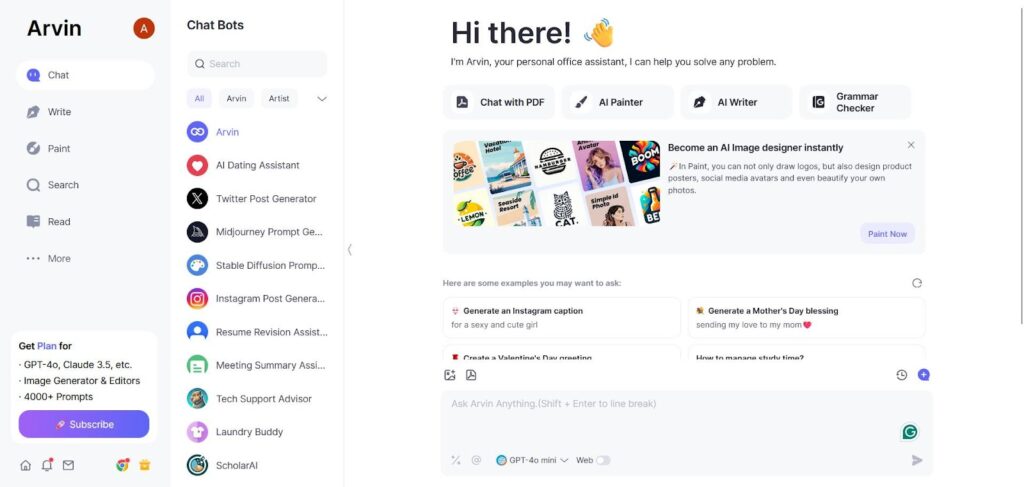
Grammarly
Grammarly is a lifesaver when it comes to spotting typos, grammar mistakes, and awkward phrasing. It is great for quick fixes and also provides suggestions on how to improve your sentence structure.
Google Docs
Collaboration is a big part of editing, and Google Docs makes it seamless. You can leave comments, suggest changes, and even edit in real time with your clients. Plus, it’s free to use for everyone!
How To Land Your First Job As A Book Editor
Landing your first job as a book editor might feel like a big step, but with the right approach, you can make it happen. Here’s how to become a book editor and get your first gig:
Craft a Strong Resume and Cover Letter
Your resume and cover letter are your first opportunity to make an impression. Make sure to highlight your relevant skills, your love for books, and any editing experience. Tailor each application to the specific job, showing how your strengths align with the role.
Build Your Network
Networking can open doors to opportunities you wouldn’t find otherwise. Join online communities for editors, writers, and aspiring professionals. Participate in forums, engage with other writers, and offer your feedback where possible. Attend book-related events, whether they’re virtual or in-person, where you can connect with authors, publishers, and other editors.
Stay Persistent
Landing your first job may take time, and that’s okay! Everyone starts somewhere. Be persistent in applying for internships, entry-level positions, or freelance gigs. Sometimes, starting small can help you build up valuable experience. Look for opportunities where you can practice your skills, such as editing blogs, short stories, or academic papers. Keep applying, learning, and improving.

FAQS About How To Become A Book Editor
Here are a few of the most frequently asked questions about how to become a book editor:
What is involved in becoming a certified editor?
Becoming a certified editor involves: Completing a certification program, gaining editing experience, and passing an exam. It helps boost credibility and job opportunities in the editing field.
How long does it typically take to become proficient as a book editor?
There’s no fixed timeline because proficiency depends on how much time you dedicate and the variety of work you take on. Some editors start seeing results within 6 months of practice, while others may take up to a year. The more manuscripts you edit, the faster you’ll develop your eye for detail and structure.
Can I become a book editor without formal training or a degree in writing?
Absolutely! While formal education can help, it’s not a strict requirement to become a book editor. Many successful editors come from diverse backgrounds. What matters most is your passion for books, strong language skills, and the ability to pay attention to detail. If you’re committed to learning how to become a book editor through self-study, practice, and gaining experience, you can still excel in this field.
What’s the difference between content editing and copy editing?
Content editing focuses on improving the structure, flow, and clarity of a piece, often involving suggestions for rearranging sections and enhancing ideas. Copy editing, on the other hand, focuses on correcting grammar, punctuation, and ensuring overall consistency in the text.
Take Home Message
So, there you have it: everything you need to know about how to become a book editor! From understanding the skills that matter most to building a portfolio that shines, you’re now ready to dive into the editing world with confidence.
Along the way, tools like Arvin AI can be a game-changer. They help with everything from spotting pesky grammar errors to fine-tuning your edits so you can focus on what really matters. Now, it’s time to take the first step. Start honing your skills, build that dream portfolio, and show the world your editing superpowers.



